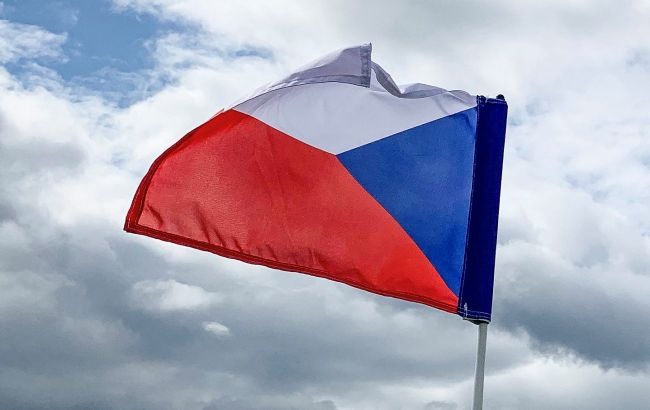Czechia does not see any issues with halting Russian oil supplies through Ukraine
 Photo: Czechia no longer needs Russian oil (Getty Images)
Photo: Czechia no longer needs Russian oil (Getty Images)
The possible halt of oil deliveries via the Druzhba pipeline through Ukraine from next year will not pose a problem for Czechia, states the country's special envoy for energy security, Václav Bartuška.
In response to a Reuters query about the statement by Mykhailo Podolyak, adviser to the head of the Ukrainian President’s Office, regarding a potential halt in Russian oil supplies from January, Bartuška said that Ukraine had previously warned about the possible suspension of supplies.
"This is not the first time, this time maybe they mean it seriously - we shall see. For the Czech Republic, it is not a problem," Bartuška stated.
To end partial dependence on the Druzhba pipeline, the Czech state pipeline operator MERO is investing in increasing the capacity of the TAL pipeline from Italy to Germany, which connects with the IKL pipeline supplying Czechia.
Starting next year, the increased capacity will be sufficient to meet the combined needs of the country's two oil refineries, owned by the Polish company Orlen, with up to 8 million tons of crude oil annually.
MERO stated that it plans to achieve the country’s independence from Russian oil by the beginning of 2025, although the TAL modernization will be completed by June 2025.
Oil transit
The EU imposed sanctions on Russian oil at the end of 2022. At that time, the ban on sea transport of oil was introduced, but exceptions were made for Hungary, Slovakia, and Czechia to receive oil from Russia via pipelines. These countries blocked the sanctions for over six months, demanding that supplies be maintained.
Czechia was granted the right to receive Russian oil via the Druzhba pipeline until mid-2025. Transit through Ukraine to Hungary and Slovakia is set to end in 2025.
Approximately 12-13 million tons of oil transit through Ukraine annually. According to Bloomberg, Russian Transneft earns about $6 billion a year from oil supplies to Europe through Ukraine.

